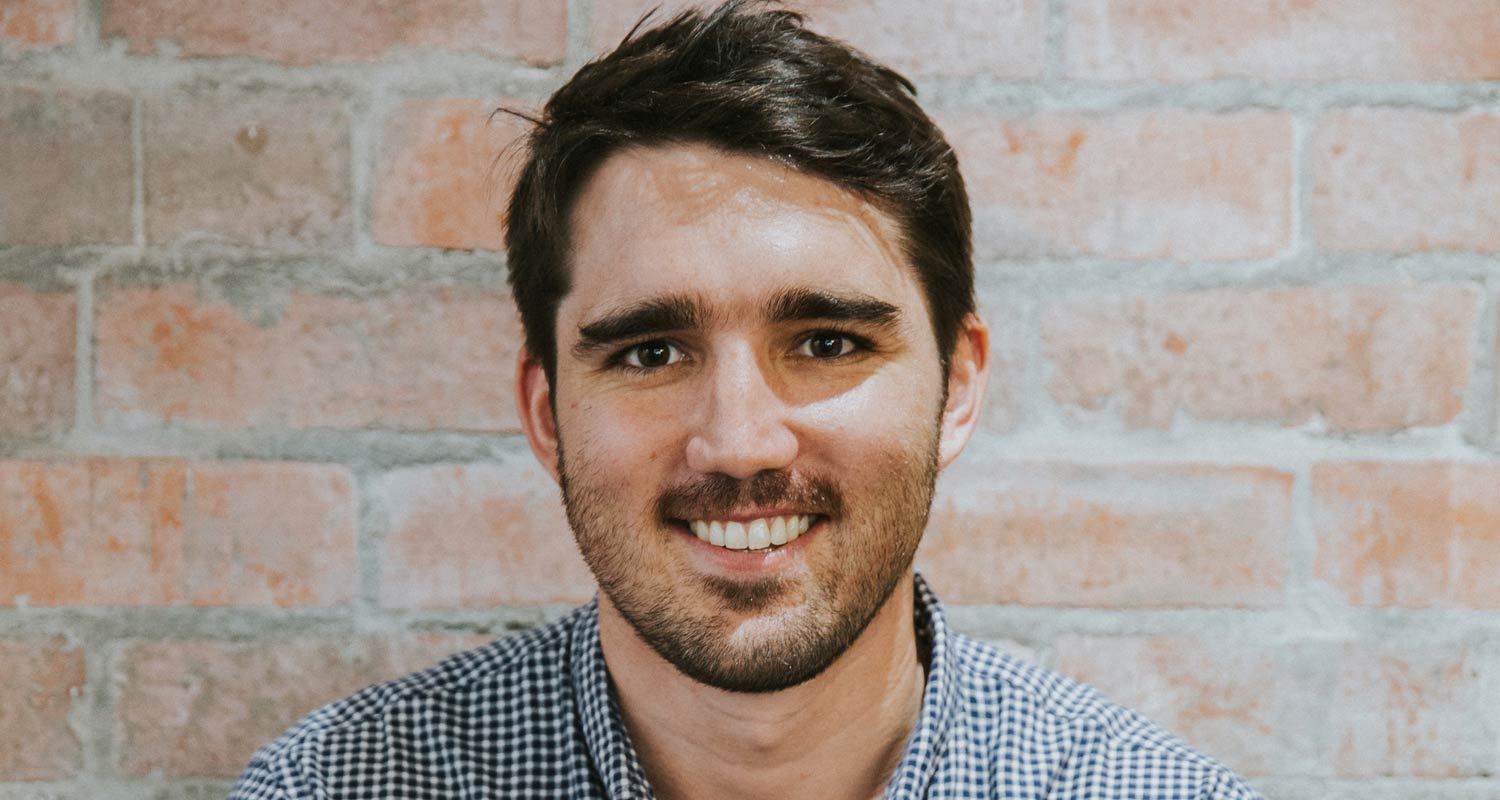Cryptocurrency is expected to grow exponentially in value over the next decade as both digital coins and the underlying blockchain technology continue to become increasingly integrated into mainstream economies. Central to this transformation is the rise of stablecoins – digital assets that maintain a fixed value, typically pegged to fiat currencies such as the dollar or euro. The expected widespread adoption of stablecoins used in payment technology also promises to further entrench digital assets in traditional finance systems around the world.
Stablecoins address a longstanding problem with cryptocurrency: volatility. While flagship digital assets like bitcoin have offered extraordinary returns – gaining more than 150% in some years – they are also known for price swings, excellent for traders and less popular with short-term investors.
As a solution, the digital asset industry has created stablecoins which maintain a consistent value, offering reliability and increasing day-to-day relevance in both developed and emerging markets, and allowing for cross-border money transfers and payments to be made far more cheaply and quickly.
Stablecoins are digital tokens that are backed 1:1 by reserve assets such as US dollars, short-term treasury bills or insured bank deposits similar to how currencies used to be pegged to gold assets in a country’s reserve.
Stablecoins’ stability and fiat currency backing are attracting some of the world’s largest fintech and payment technology firms.
PayPal, best known for its digital payments platform, has introduced a stablecoin. Credit card giant Visa is investing in multiple firms that enable stablecoin payments and most recently invested in BVNK, a start-up that allows businesses to use stablecoins to make payments.
Real-time cross-border payments using the world’s biggest regulated stablecoin USDC are now possible thanks to the Circle Payments Network, a global payment infrastructure connecting banks, payment providers, digital wallets and other financial institutions. By contrast, traditional cross-border transactions remain slow and expensive, often taking over a day, especially in emerging markets.
Faster, cost-effective
In April, Visa also launched a product allowing consumers in Mexico, Peru, Ecuador, Columbia, Chile and Argentina to pay for goods with stablecoins using a card, with expansion into Africa and Asia expected soon. In Argentina, which faces rapid currency devaluation, this is especially useful.
Zach Abrams, CEO and co-founder of Bridge, a fintech company specialising in stablecoin-based payment infrastructure technology used by Visa summed up their use case succinctly: “Everyone already knows how to use cards for payments, and now everyone will be able to use stablecoins with just a tap of their card.”
Bridge has also just been bought out by Stripe, an Irish American fintech company with a valuation of over US$91-billion (R1.6-trillion rand).
Read: US banks exploring launch of jointly developed stablecoin
These substantial investments highlight a growing trend of mainstream financial institutions embracing the blockchain and stablecoins as a faster and more cost-effective solution for payments.
While this growing utility and new asset class has caught the attention of lawmakers globally, South Africa risks being left behind. In the US, a new piece of legislation – the Guiding and Establishing National Innovation for US Stablecoins Act of 2025, or the Genius Act – seeks to regulate stablecoins. The Genius Act marks a foundational step in crafting comprehensive crypto regulation for the world’s largest economy.

Under the proposed law, stablecoin issuers would be required to maintain full asset backing holding a dollar for every stablecoin they issue, avoiding situations where it is unclear to investors if a particular stablecoin is sufficiently supported by fiat currency.
The Genius Act is more than regulatory housekeeping. It’s a signal to the world that the US is ready to integrate stablecoins, and by extension crypto, into the traditional financial system with clear legal guardrails that protects consumers. Much of the developed world is expected to follow this lead.
Once ahead of the curve, South Africa is now increasingly watching from the sidelines. Despite boasting some of the highest bitcoin adoption rates in the world according to the South African Revenue Service, the country has not yet completed a comprehensive regulatory framework for digital assets. The absence of clarity is starting to hurt both innovation and investor confidence.
Key questions remain unanswered. Should cryptocurrencies be classified as onshore or offshore assets? This matters greatly for institutional investors. South Africa’s retirement funds, for instance, are restricted in the amount of capital they can allocate to offshore assets. If crypto is deemed an offshore asset, allocations will remain limited, stifling potential returns and adoption.
As stablecoins are integrated into finance abroad and major payment systems, including household names such as Visa and Mastercard, they are driving digital assets to become increasingly mainstream.
This means South Africa can no longer afford to ignore digital assets or dismiss them as niche.
South African regulators must begin their own serious debate – not only to protect consumers, but to position the country as a competitive player in the fast-evolving world of cryptocurrencies.
Read: Lesetja Kganyago scoffs at bitcoin as strategic reserve
Forward-looking regulation would enable the growth of a domestic digital asset ecosystem, unlock new investment and tax channels, and allow South Africans to participate fully in a modern and relevant economy, including benefitting from stablecoins and the effortless cross-border payments they offer.
Get breaking news from TechCentral on WhatsApp. Sign up here.
- The author, Marius Reitz, is GM of Luno Africa and Europe

